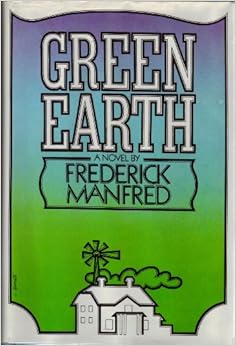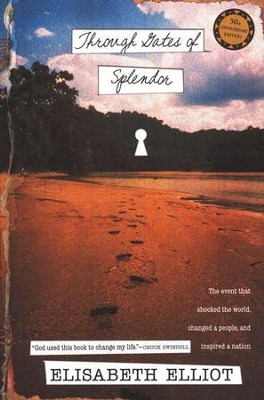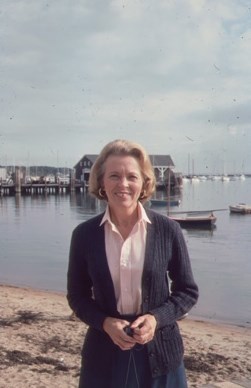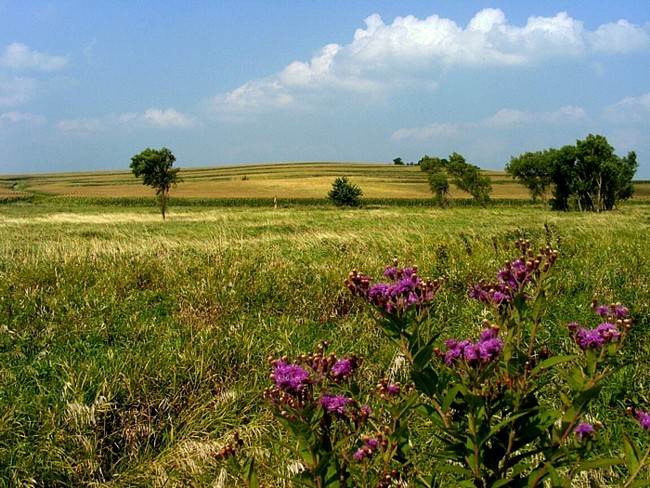
Well now, I guess the sky is falling.
Huge SCOTUS rulings last week thrilled liberals about as much as elections last November made them disconsolate, conservatives walking off with most every electable seat in the nation back then. As a country, we're as split as a ripe melon when it comes to some some issues, perhaps the greatest of which is gay marriage. To Republicans, upholding Obamacare was the first horror from the nine justices Huckabee called "activists" last week, but Friday it was Justice Kennedy who joined the libs for the most horrifying ruling of all: Romeo can now marry Jules. It's official. Mom used to say it was a sign of end times.
Yesterday, as we walked into church, my granddaughter simply assumed, I guess, that the sermon would be woe and woe and woe. I don't remember her exact words, but she made it perfectly clear that she expected to hear how awful gay marriage is.
Maybe she was surprised--I don't know--but in the church we attended, it didn't happen. All over the nation, I'm sure it did because wherever the word "Christian" is a synonym for "conservative," onward Christian soldiers reupped for the righteousness crusade. What began with a ban on school prayer now has come to its demonic end with gay marriage, and "Christian America" simply is no longer such. So say some.
Will "Christian" America have to bend the knee? Will Christian cake decorators have to festoon their creations with two tiny brides? Will Christian pastors be forced to marry gays? Will Dordt College have to hire gay lab assistants? Will gay preachers bring the CRC to court if it doesn't put them in ecclesiastical office? Name your fear.
I don't think anyone knows what could happen, what might happen, or certainly what will happen. But where there is speculation, there's adequate opportunity for fear and fear is a solid political plank with people who consider themselves besieged. In politics, you can go to the bank on fear. Fear motivates. "They're taking over--the gays are. You got to be blind not to see it. It's either them or Sharia law. They're all coming to get us, the decent, law-abiding true Americans."
I know people whose adult children are gay. What they say is something they don't even have to: "it changes things." When you know gay people, when you love gay people, it's really difficult to make them demonic.
And what seems clear from sturdy, conservative evangelicals is that something similar is going on right now, even among those who are not, under any circumstances, buying last Friday's historic ruling. What many of those on the right are saying is that even if you don't buy gay marriage for a minute, you can no longer shout about it. That day is over. You have to love.
Today evangelical Christians, who make up a quarter of the American population, find themselves in a minority position when it comes to homosexuality. As long as they were in the majority opposing gay marriage, it was a whole lot easier to be condemning. No more. Some evangelical churches report that gay couples are actually coming to them these days. It's hard to outfit ordinary-looking men and women in hooves and horns when you're standing beside them singing praise songs.
Welcome to the new dispensation. Today, it seems, even really conservative Christians are reminding themselves that they can't just pillory those with whom they don't agree; they have to stop demonizing, have to learn to love.
Loving those with whom we disagree is not easy; but it seems to me that the Savior who commanded it never once suggested it would be.































